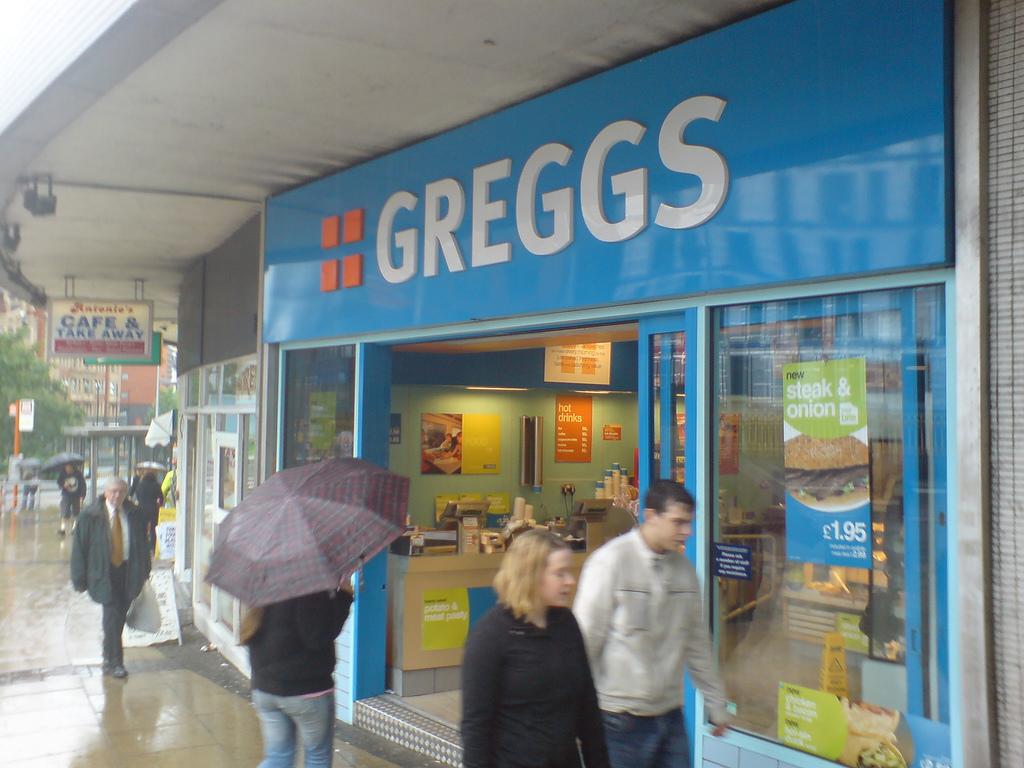Investing
Profit warnings: a signal to buy or sell?

As Greggs becomes the latest UK firm to issue a profit warning, we explain what this means for your investments.
There was more bad news this week for the British High Street as bakery firm Greggs issued a statement saying profits this year will fall short of expectations.
Greggs’ shares tumbled nearly 9%, or 40p, to 423p following the news as the bakery blamed tough competition, cold weather and “under pressure” consumers for the profit warning.
The snack chain is the latest in a line of big name brands to issue profit warnings this year including French Connection, Debenhams, Mulberry and Ladbrokes. And while this is a worrying sign for the health of the UK economy in general, it will send particular alarm bells ringing for investors who own shares in these companies.
But what is a profit warning and is it a sign for investors to sell or indeed buy?
In short, a profit warning is when a company announces that its earnings will not meet analyst expectations. It is usually done two or more weeks before an earnings announcement to soften the blow to investors.
On hearing a profit warning, the natural instinct for an investor may be to cut their losses and sell. After all, why invest in a company that is clearly not doing very well?
However, this is an ill-advised move, according to experts.
The first thing to do is find out the reasons behind the warning; there could be a whole host of factors, some of which may be short term and out of a company’s control. Take the Debenhams surprise profit warning in March, for example, which was blamed on a fall in sales in January when the country was covered in snow.
The best thing you can do is not make any rash decisions.
Adrian Lowcock of Hargreaves Lansdown says: “Do not sell or buy shares on an impulse. Act in haste repent in leisure as they say. Usually when an investor experiences a loss, they will go through a range of emotions such as anger or fear. This may lead them to make an irrational decision.”
A good tip is to remind yourself of the reasons you bought the shares in the first place and decide whether these reasons are still valid today.
Lowcock says: “If the answer is no, then the reason to own the shares has gone so you are better off selling and moving on.”
However, if the company has given a well argued, easy to understand reason and the business looks sound, the profit warning may be a one off.
If this is the case short term investors may in fact see it as a possible buying opportunity, says Graham Spooner, investment research analyst at The Share Centre.
Having said that, Spooner says investors should not be afraid to cut their losses and move on.
“The share price is unlikely to climb to previous levels quickly and investors should ignore any emotional attachment. Remember that any previous gains were paper profits and holding onto the investment is likely to have a negative impact on a portfolio,” he says.
“Depending on the cause the announcement is likely to put pressure on the sector as a whole, so investors may wish to seek opportunities elsewhere in the market. For example, there have been a number of profit warnings issued in the construction sector recently, with Balfour Beatty this week issuing its second profit warning in just six months.”
So the main advice is don’t panic and remember that research is the key to successful investing.